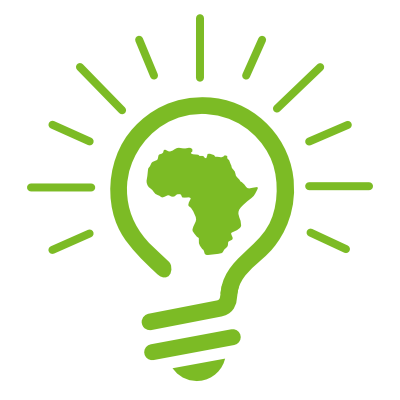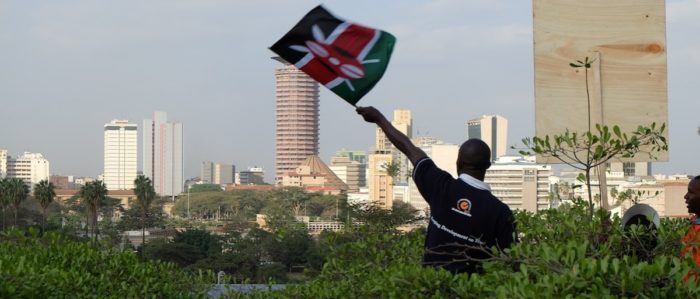Over the past few months, COVID-19 has brought much of the world to a screeching halt, and a subsequent slow restart as many organizations scramble to re-structure their business practices to cater to the new normal. African countries have been surprisingly flexible and quick to pivot with the ever-changing dynamics of the pandemic’s effects -including quarantine and limited social interaction. Many of the commerce, education, and everyday social interactions have gone virtual, shedding new light on the necessity of access to the internet and reliable electricity throughout society.
The Kenya Alliance of Resident Association (KARA) has been hosting webinars to increase the community’s awareness of Kenya’s response actions and long-term plans for a world after COVID-19. Safaricom, the leading communications company in Kenya, has been allowing for basic internet access and bonus bundles allotment to ensure access to e-learning and teleworking. Speakers highlighted the need for effective and efficient access to internet connectivity, electricity and cybersecurity. These changes are expected to positively impact various sectors including education, healthcare, travel, commerce as well as interpersonal connection.
Mrs. Mercy Wanjau, Ag. Dir. General of the Communications Authority of Kenya, re-iterated a growing global sentiment by stating “internet access is no longer a luxury, it is a public utility.” This is the growing consensus around the world as companies begin deploying initiatives to help bridge the access gap in underserved communities. Speaking of community development, KARA hosted the “Role of Residents Association Towards Attainment of Effective and Sustainable Service Delivery” webinar and Mr. Mohamed Badi, Director General of the Nairobi Metropolitan Services, discussed the future of residential development in creating a more sustainable and resilient Kenya. Topics such as mobility, zoning regulations reviews, sanitation management as well as drinking water accessibility were of major concern. Unsurprisingly, Issues of corruption, land grabbing, and transportation systems management arose as the community members shared their views on the proposed outlook; like any other nation, these concerns persist. However, through individual and communal accountability, large-scale impacts can be propagated as we work towards a more sustainable and resilient future for Africa’s nations and its people -at home and throughout the diaspora.
Lookout for future webinars here



